Visual perception Normal Math Worksheets for 5-Year-Olds
13 filtered results
-
From - To
Discover our engaging Visual Perception Math Worksheets designed specifically for 5-year-olds! These worksheets focus on enhancing essential visual perception skills such as shape recognition, pattern identification, and spatial awareness through fun and interactive math activities. Perfect for early learners, our resources help children improve their cognitive abilities while grasping basic math concepts. Each worksheet is thoughtfully crafted to foster creativity and critical thinking, making learning enjoyable and effective. Download your favorite worksheets today and support your child's learning journey in a playful, hands-on manner! Experience the seamless blend of visual learning and essential math practice with Kids Academy’s dedicated resources for young minds.
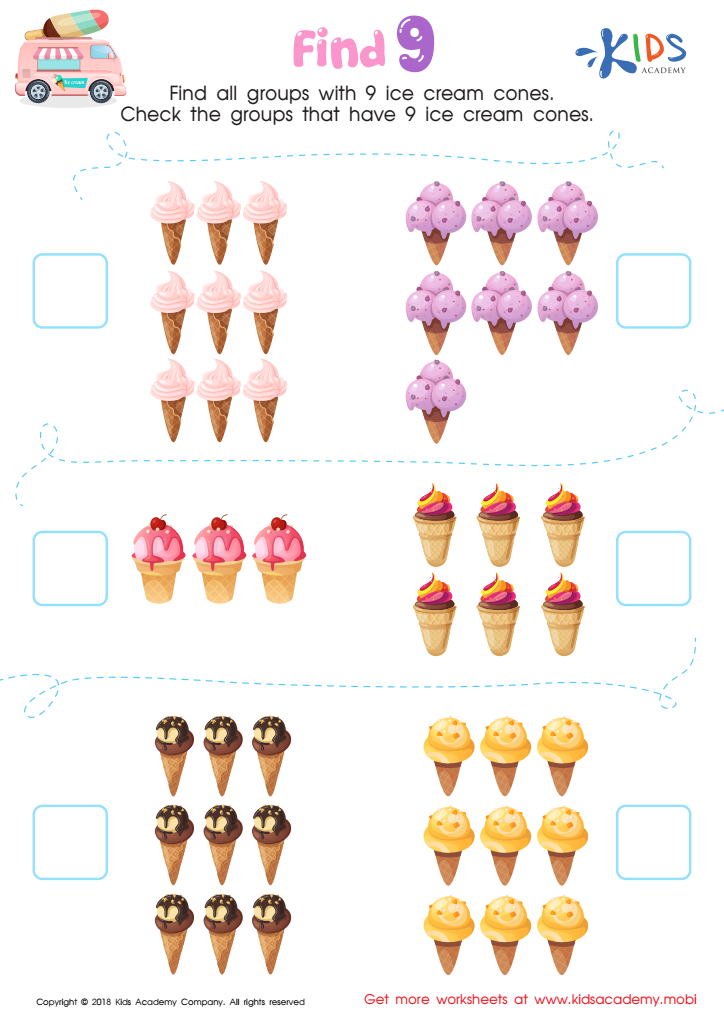

Find 9 Worksheet
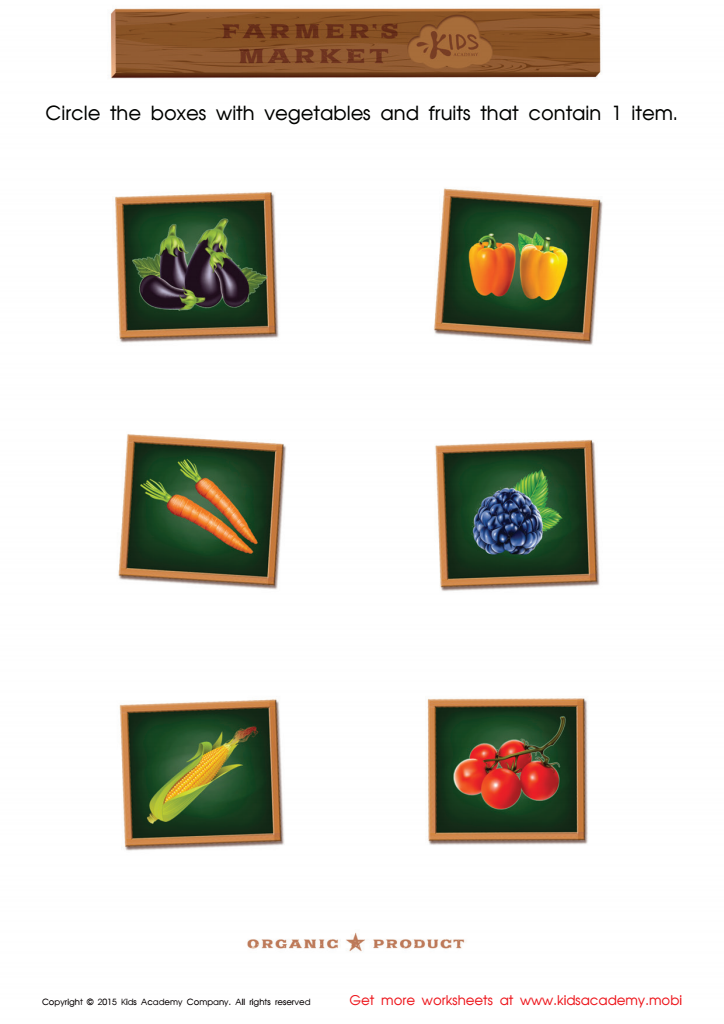

Count and Match Boxes with Vegetables
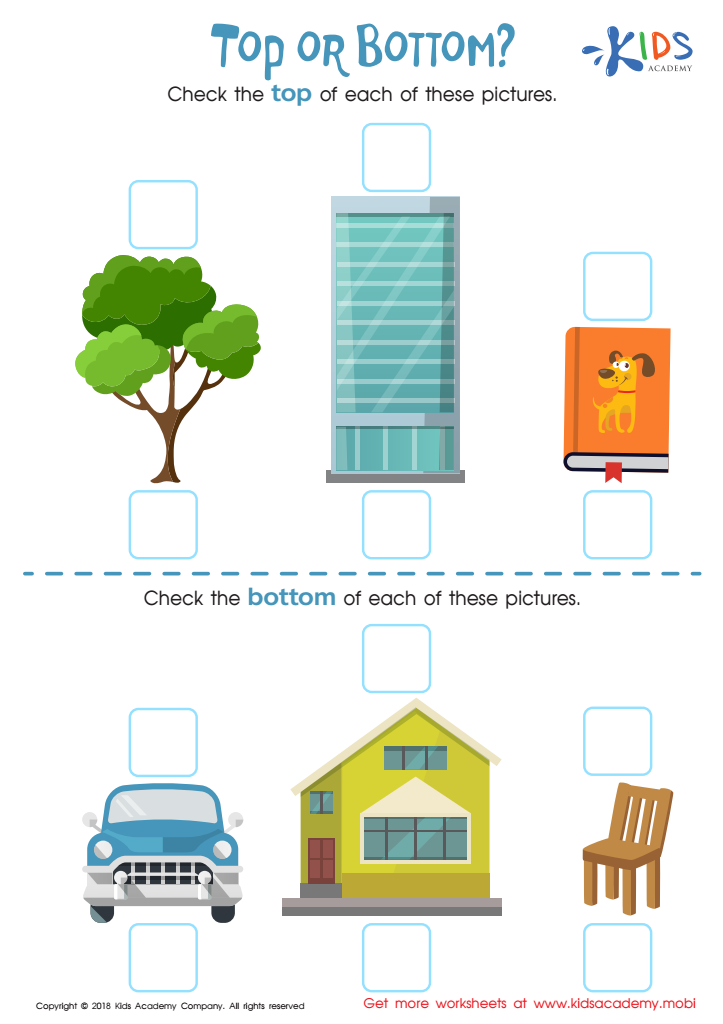

Top or Bottom Worksheet


Adding Flower Petals Worksheet
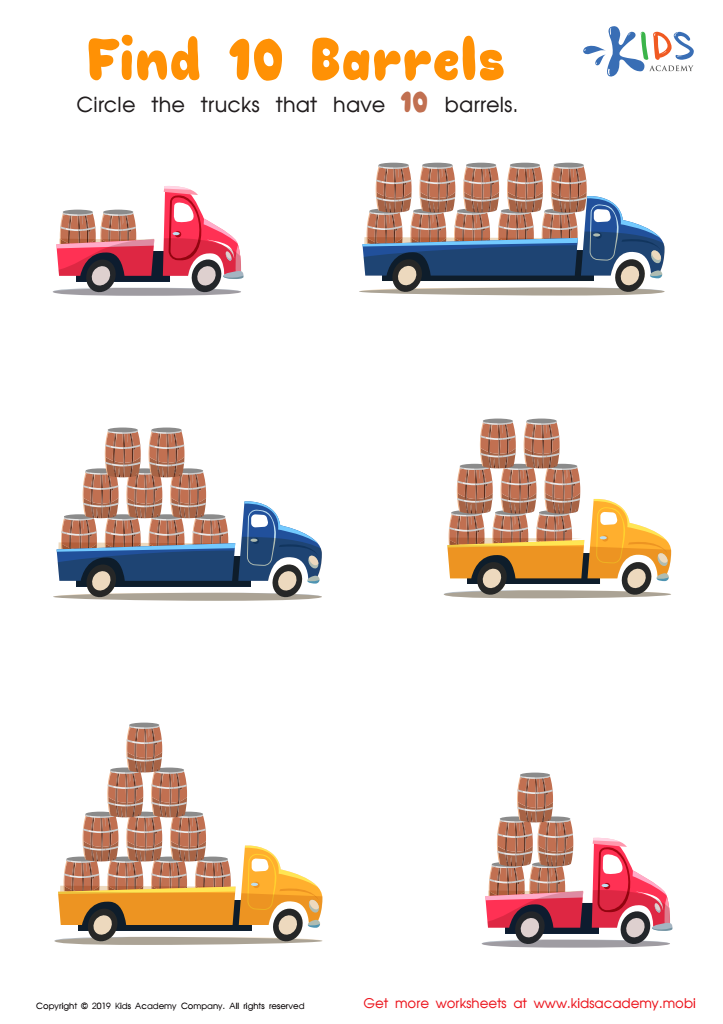

Find 10 Barrels Worksheet
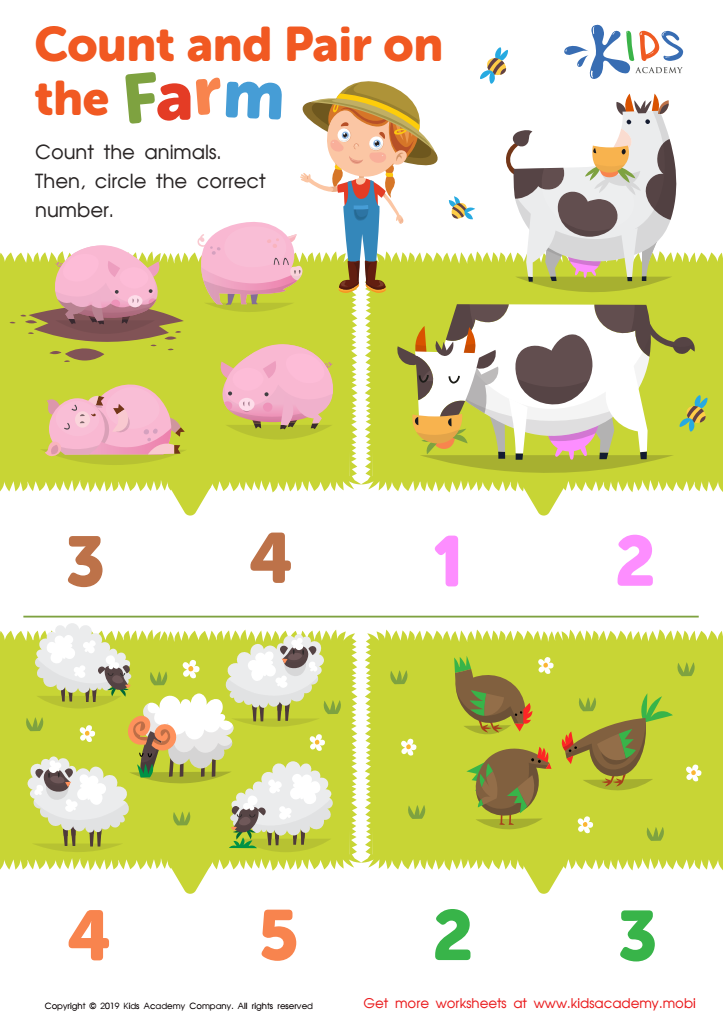

Count and Pair on the Farm Worksheet
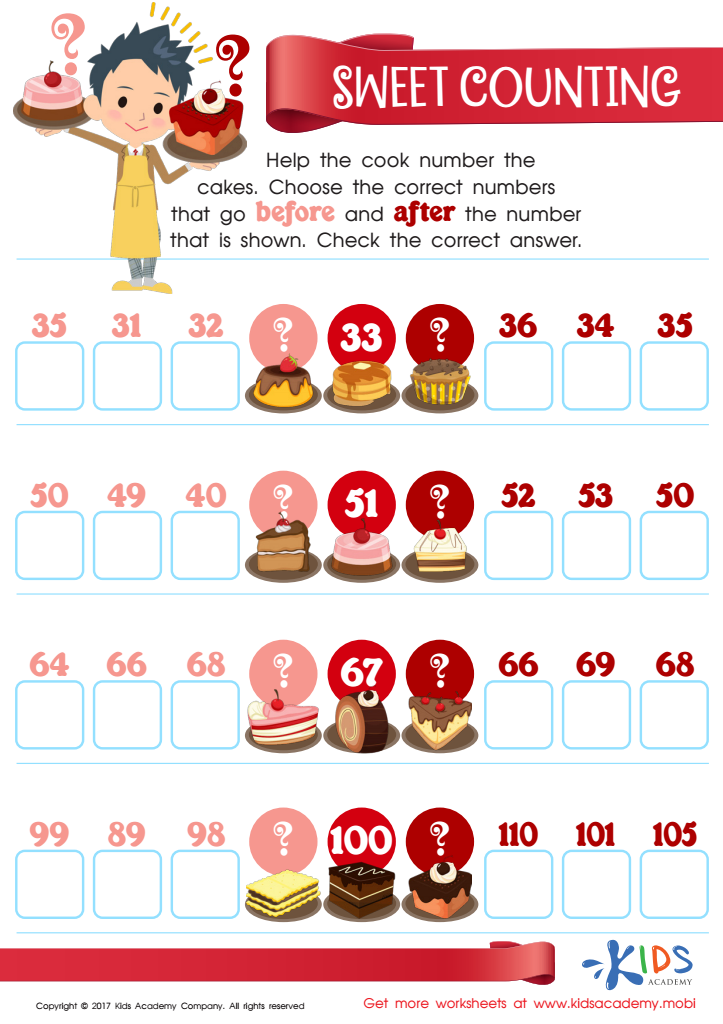

Sweet Counting - Part 1 Worksheet


Preschool Geometry Match Up Worksheet
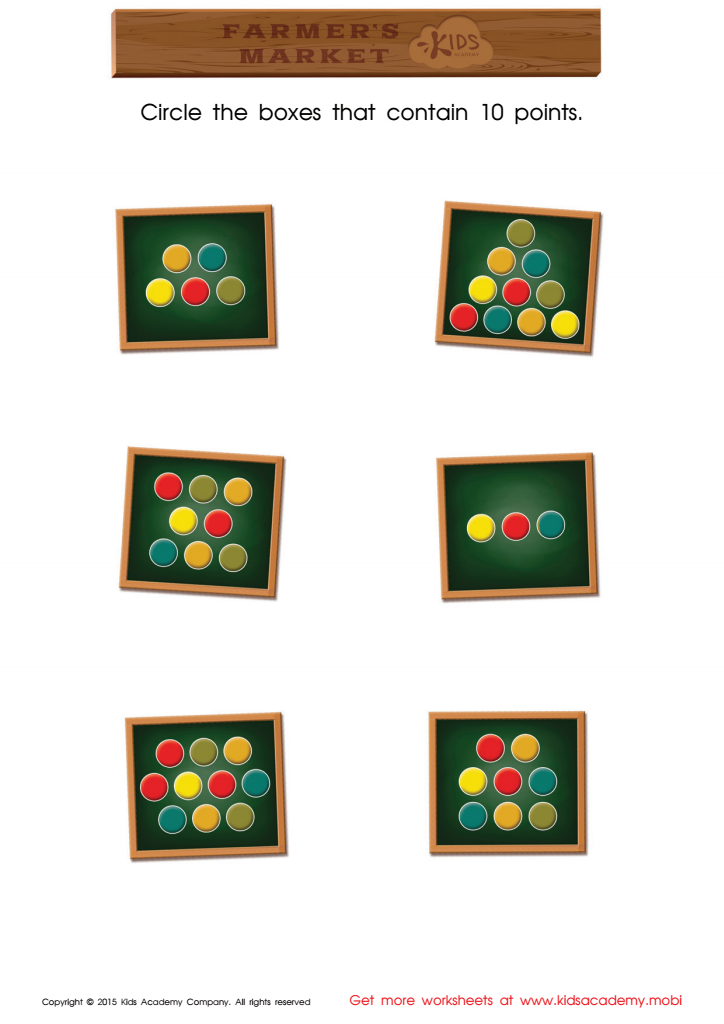

Count and Match Points 10 Math Worksheet
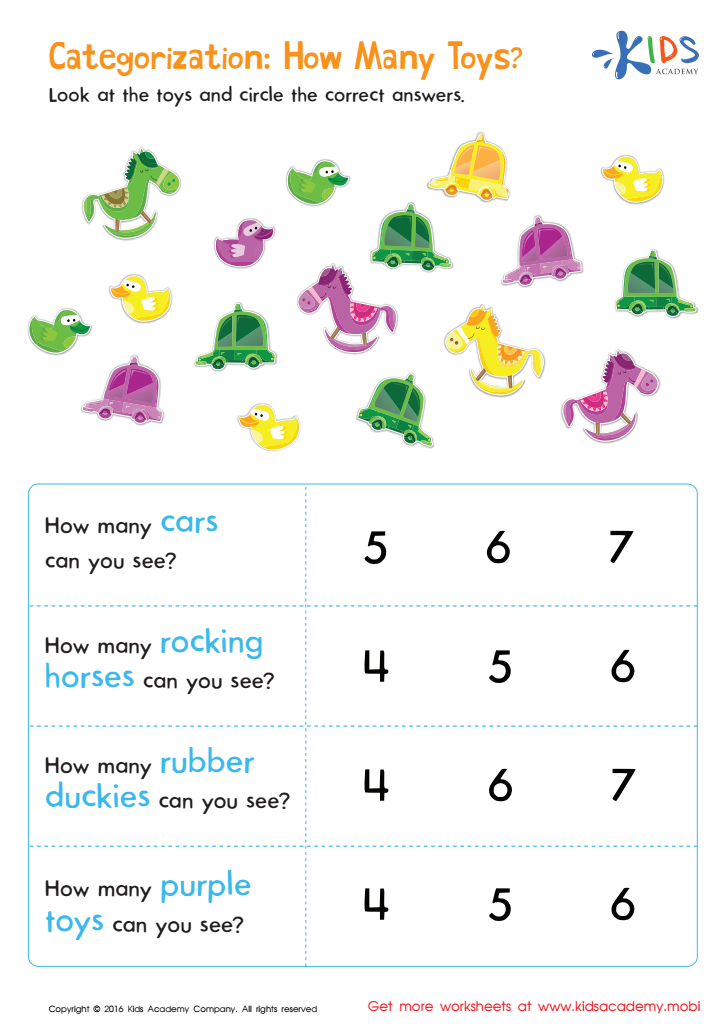

Classifying Toys by Type and Color Sorting Worksheet
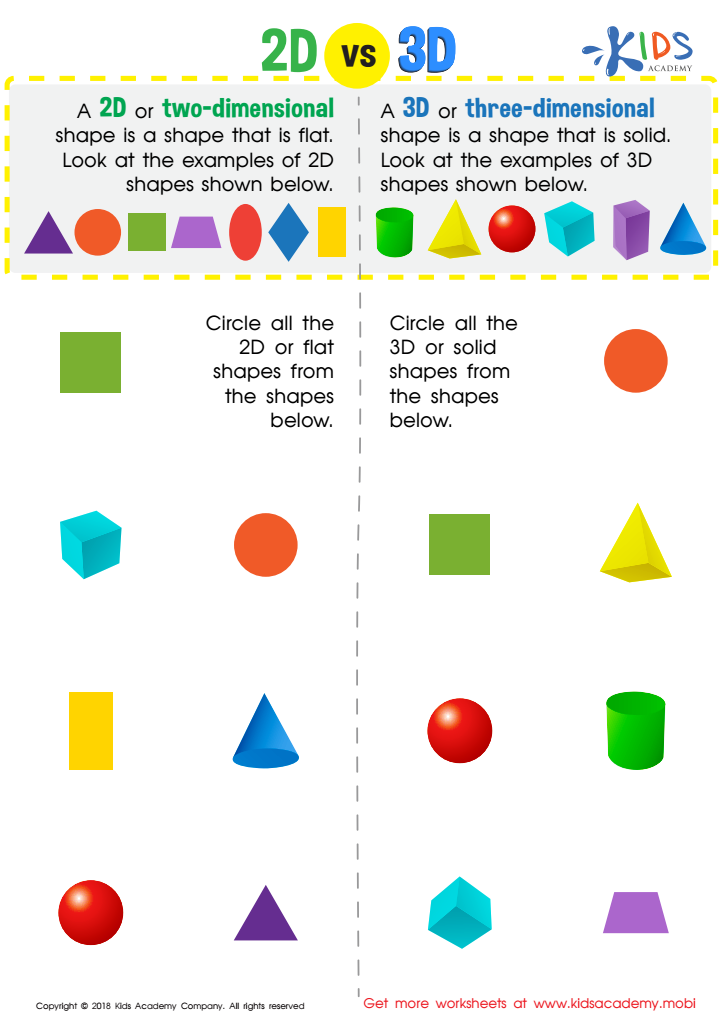

2D vs 3D Shapes Worksheet
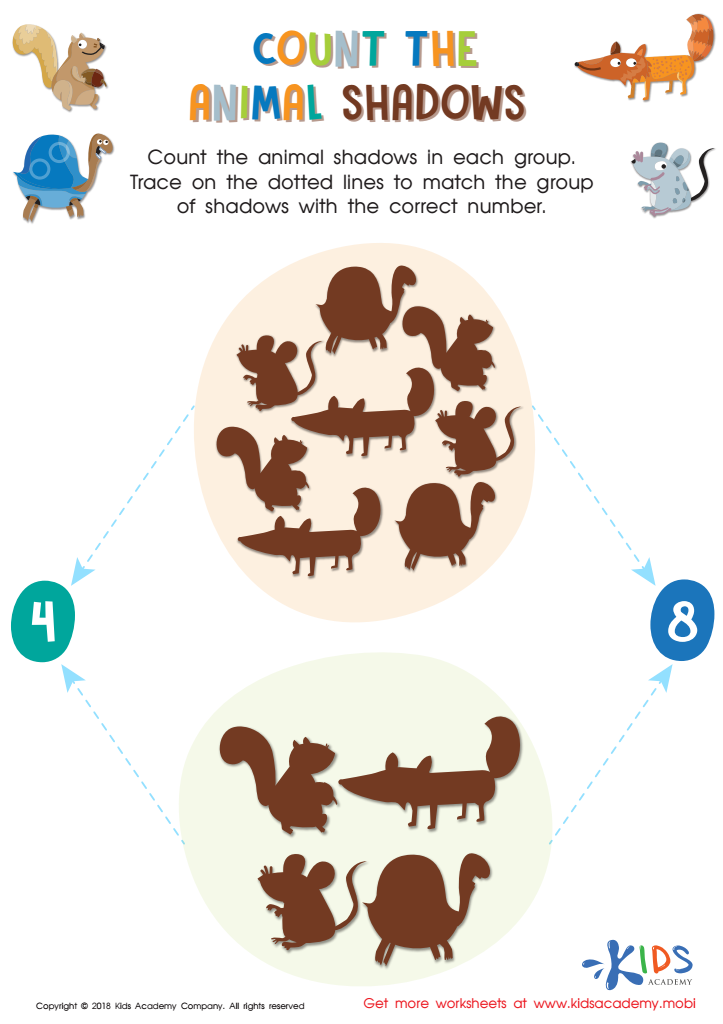

Count the Animal Shadows Worksheet
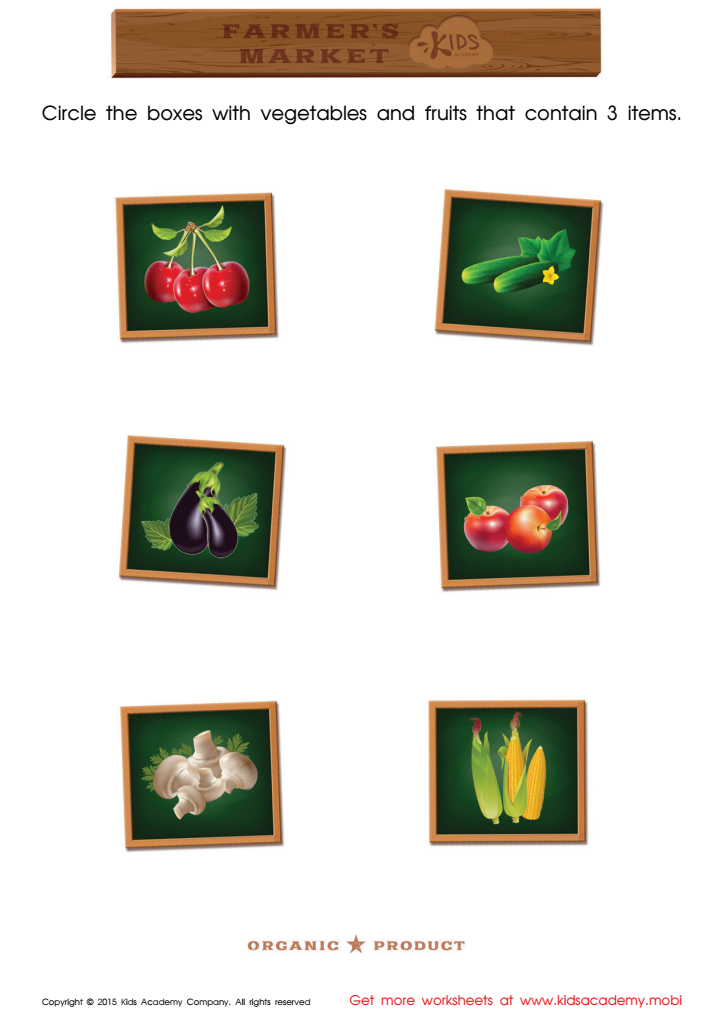

Count and Match Vegetables 1 – 5 Math Worksheet
Visual perception skills are crucial for math development in young children. For 5-year-olds, these skills enable them to recognize patterns, shapes, and spatial relationships, which are foundational for understanding mathematical concepts. When children can visually discern differences in size, quantity, and arrangement, they become better equipped to grasp fundamental math skills such as counting, addition, and subtraction.
Parents and teachers should care about visual perception normal math because it lays the groundwork for future academic success. Strong visual perception abilities help children solve problems, make predictions, and develop critical thinking skills. Additionally, engaging with visual aids and hands-on activities enhances learning and makes math enjoyable.
Moreover, recognizing and addressing visual perception challenges early on can prevent potential learning difficulties as the child progresses in school. By fostering a supportive environment that emphasizes visual perception through games, puzzles, and interactive math activities, caregivers can promote confidence and competence in their child’s mathematical journey.
Ultimately, enhancing visual perception in young learners serves not only to improve their math skills but also strengthens their overall cognitive development and love for learning, setting the stage for lifelong educational engagement.
 Assign to My Students
Assign to My Students





















